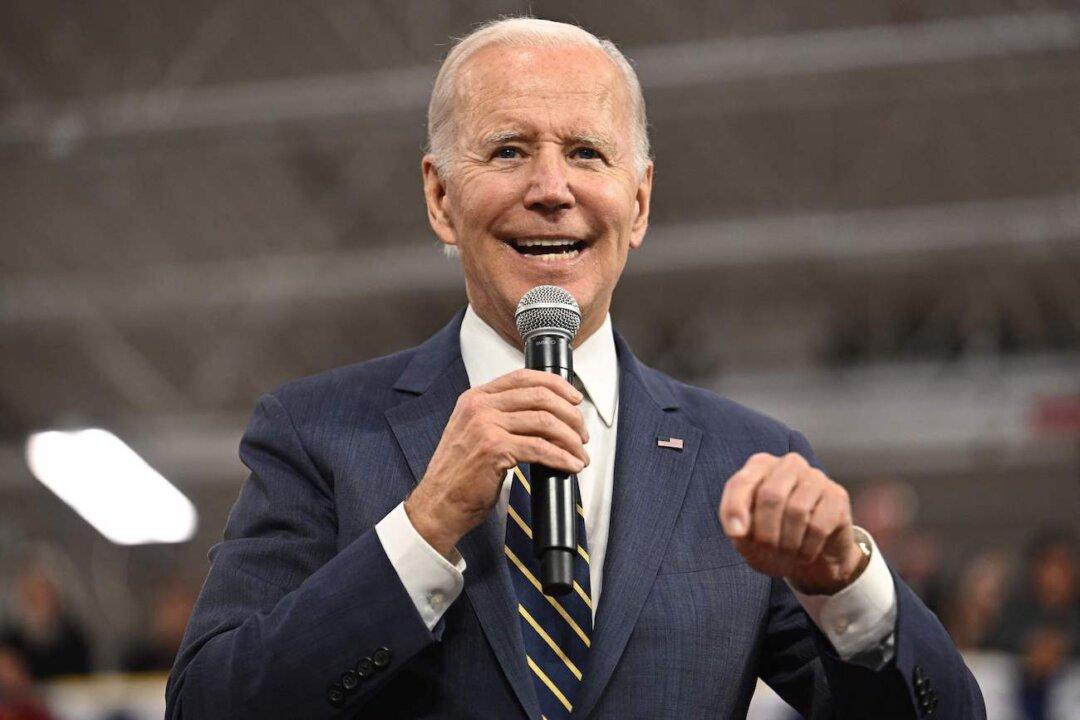The Biden administration approved on Nov. 29 a potential sale of anti-drone systems and other arms to Qatar worth an estimated $1 billion, in a transaction that was revealed during the World Cup soccer match in Doha, Qatar, between the United States and Iran.
The notice of the potential sale is required by law. The U.S. State Department said the government of Qatar requested to buy 10 anti-drone systems—referred to as “Fixed Site-Low, Slow, Small Unmanned Aircraft System Integrated Defeat System (FS-LIDS) System of Systems.”




